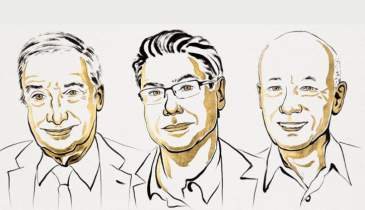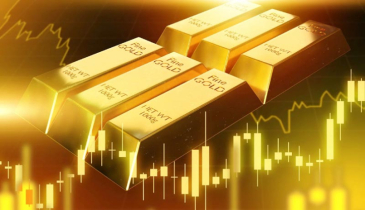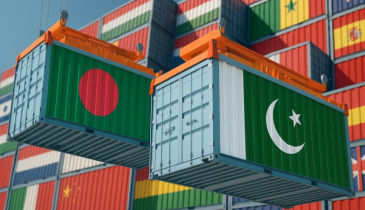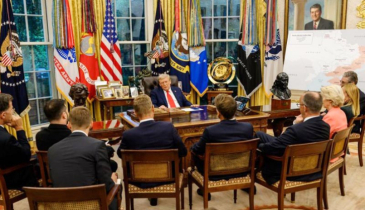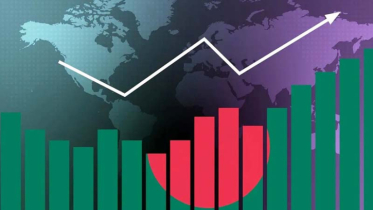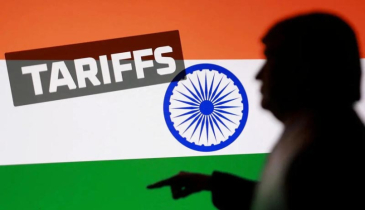Trump's reignited trade war with China clouds IMF, World Bank meetings
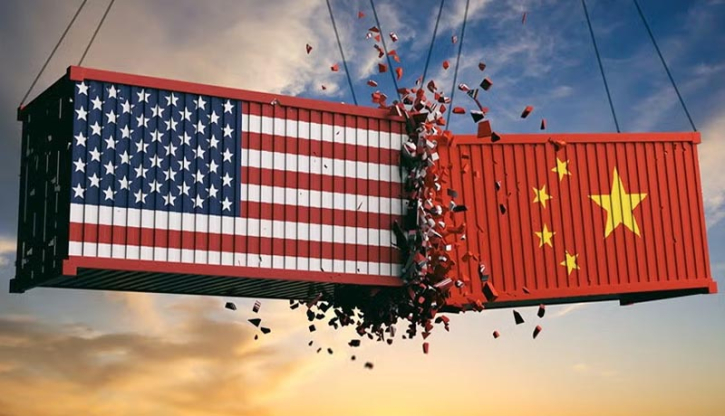
Finance chiefs gathering in Washington this week were ready to discuss the global economy's surprising resilience in the face of Donald Trump's tariff assaults - until the US-China trade war erupted again with the US president threatening 100% duties on Chinese imports and sending markets into a tailspin.
The annual meetings of the International Monetary Fund (IMF) and World Bank, which draw thousands of policymakers, investors, and economists from around the world, are now set to be dominated by concerns over whether a new phase of confrontation between Washington and Beijing could derail global growth.
Trump’s latest tariff threats came in response to Beijing’s decision to dramatically expand its export controls on rare earth minerals — materials critical to industries from defense to electric vehicles. The move prompted Trump to accuse China of “weaponizing supply chains” and to warn of sweeping retaliation, including the potential cancellation of a planned meeting with Chinese President Xi Jinping later this month.
For months, both sides had worked to de-escalate tensions, gradually rolling back some of the heavy tariffs that had weighed on global trade since 2018. That fragile truce had led the IMF to upgrade its global growth forecast earlier this year, citing improved US-China relations as a key reason for optimism. Financial markets also rallied on hopes of a broader deal between the world’s two largest economies.
Those hopes evaporated on Friday after Trump’s new comments triggered the biggest stock market sell-off in months, with tech shares taking the hardest hit. Investors, already jittery over an overheated artificial intelligence investment boom, reacted sharply to the renewed uncertainty in trade and technology policy.
China swiftly responded by imposing reciprocal port fees on US-built or US-flagged vessels, mirroring new US levies on Chinese-owned ships. The tit-for-tat measures underscored how quickly the conflict could spread into other sectors, including shipping, logistics, and maritime trade.
More than 10,000 participants — including finance ministers, central bank governors, and development officials from over 190 countries — are expected to attend the IMF and World Bank meetings this week. Many are now bracing for tense discussions about how a fresh US-China standoff could slow investment, disrupt supply chains, and push up prices worldwide.
Martin Muehleisen, a former IMF strategy chief now at the Atlantic Council, said Trump’s latest move could be a negotiating tactic ahead of his expected talks with Xi, but warned that it risks injecting unnecessary volatility into global markets.
“Let’s hope sanity prevails,” Muehleisen said. “If Trump really goes back to 100% tariffs on Chinese goods, there’s going to be a lot of pain — not just for Beijing, but for US consumers and investors too.”
Analysts note that China still holds leverage through its control of rare earth exports, which are vital for electronics, renewable energy, and defense manufacturing. However, Beijing may be cautious about escalating further, given the potential damage to its own export-driven economy at a time of slowing domestic growth.
It remains unclear whether US Treasury Secretary Scott Bessent, who has led backchannel trade talks with Chinese officials, will hold any bilateral meetings with his counterparts during the Washington gatherings. A Treasury spokesperson declined to comment on Bessent’s schedule.
.png)


